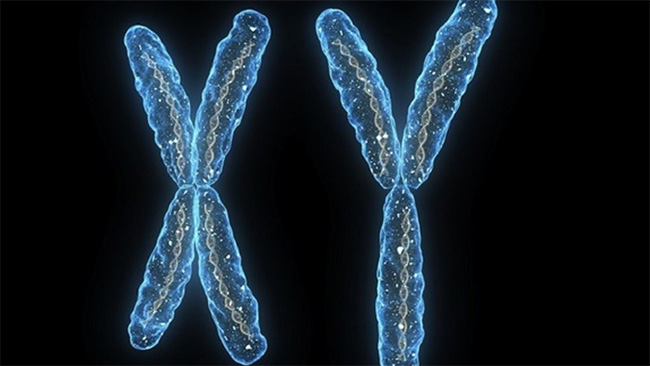Researchers at Hokkaido University (Japan) believe that the Y chromosome in men may disappear in the future.
According to RT television, scientists proposed this hypothesis after studying the genes of the Japanese spiny mouse.

Illustration: dnascience
Specifically, the mice involved in the study no longer rely on the Y chromosome to encode male characteristics. Instead, researchers discovered another gene code capable of replacing the Y gene. The results were published in the Proceedings of the National Academy of Sciences last month.
In the context of the Y chromosome in mammals having shrunk and diminished in function over millions of years, the experimental results on the mice from the Amami Islands indicate that this new chromosome could shape male sex characteristics.
Japanese researcher Asato Kuroiwa and colleagues hope that the results of the experiment will benefit humanity.
“There is no reason to believe that the human Y chromosome is stronger than that of the spiny mouse,” stated Jenny Graves from La Trobe University in Australia, predicting that the Y chromosome will no longer exist in about 10 million years.
“When humans lose the Y chromosome, they may face extinction or evolve a new sex gene that defines new sex chromosomes,” Jenny hypothesized.
However, some other researchers argue that even if the Y chromosome disappears, signaling the extinction of male mammals, this does not necessarily mean the end of humanity. Evolutionary sex researcher Root Gorelick from Carleton University explained to Newsweek: “There are some females, and here I refer to organisms that produce large gametes known as eggs, that can self-fertilize.”


















































